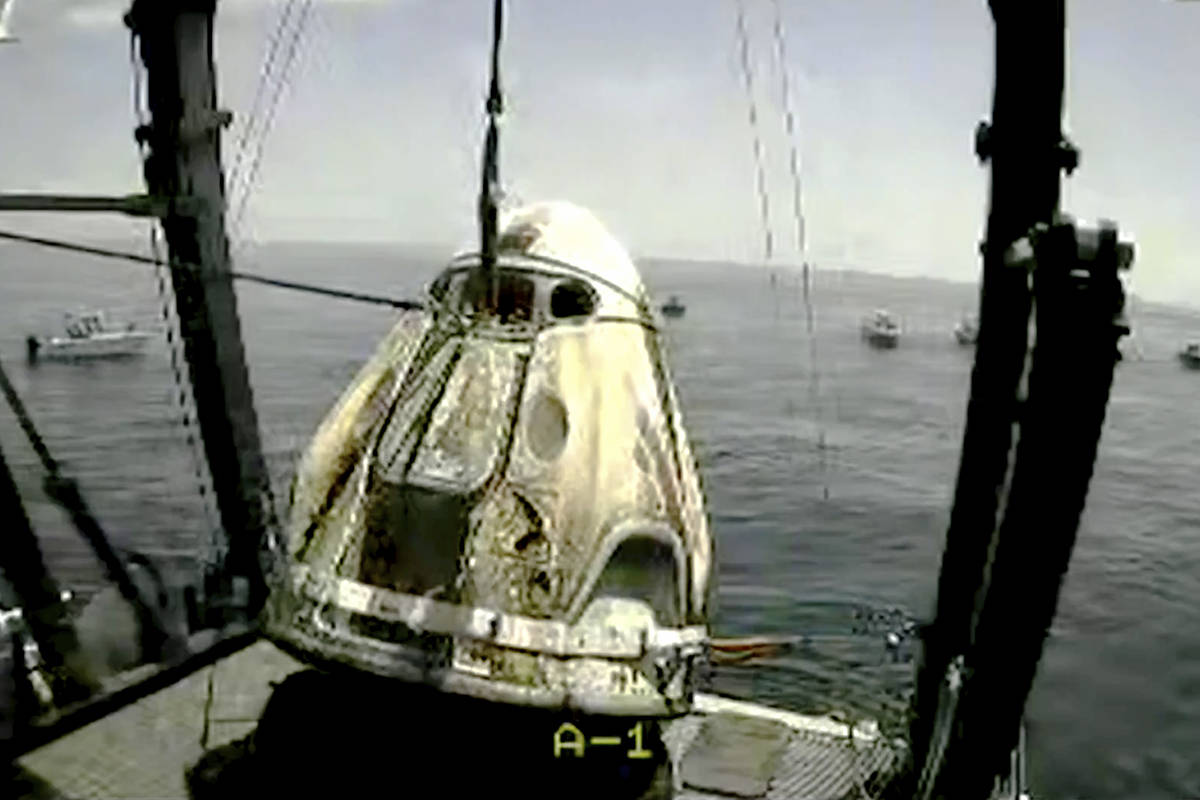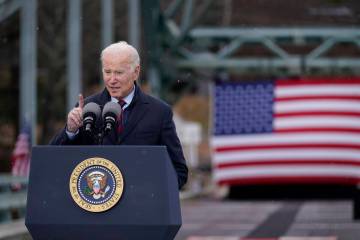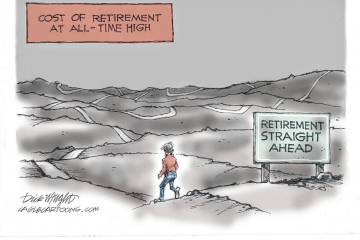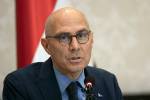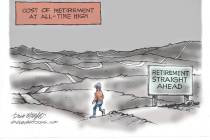MEGAN McARDLE: A splashdown that could protect the human race
Something amazing happened 10 days ago and almost no one seemed to care.
Two men had burst out of Earth’s stratosphere in May, propelled by more than 1.7 million pounds of rocket-fueled thrust. On Aug. 2, they returned safely. The joint mission between NASA and SpaceX was the first time in nine years that the United States had sent astronauts to the International Space Station under our own power, rather than snagging a ride on a Russian rocket.
Fifty-one years ago, 63 percent of U.S. households watched at least some part of Apollo 11’s historic trip to the moon. This return, by contrast, mostly enthralled space geeks who’ve been planning to colonize Mars since they were old enough to read their first science fiction.
America is busy with other things, of course, such as a pandemic. But it’s actually the pandemic that shows us just how important it is to keep humanity moving along the road to the stars.
Perhaps this seems overblown to you; perhaps you think that space travel is a government boondoggle, a nerd equivalent of agriculture subsidies that siphons off taxpayer dollars from domestic social spending. Perhaps, too, you think that it’s hardly fair to compare the attention lavished on humanity’s first moonwalk with our relative indifference toward one more visit to the space station.
Yet the flight of the Dragon was also a major milestone, marking both the revitalization of our government’s crewed space program and the sustained entrance of commercial enterprises into the field. The more players there are on that field, the more trips we will make into space and the more likely it becomes that we’ll develop the expertise to finally realize those science-fiction dreams of space colonies and even interstellar travel.
Though this may seem rather remote and non-urgent compared with suffering in the here and now, it’s actually human welfare that makes the most clear and pressing argument for developing our space capabilities. Human spaceflight is not just a gee-whiz cool, but fantastically expensive, way to flex our technical capabilities. It’s a necessary — though, yes, costly — insurance policy against planetary catastrophe.
When space enthusiasts say this (and full disclosure, I was one of those 8-year-olds who fully expected to be colonizing another planet by now), our skeptics often hear an excuse for gross abdication of our ecological obligations — use up this planet, then skip happily onward to the next one. But many of us believe that humanity should spend its money on space flight and environmental causes, and for the same reason. Because one of the mass extinctions we worry about is the die-off that extinguished the dinosaurs at the end of the Cretaceous period.
Most scientists now believe this was caused by a massive meteor, more than 6 miles across, that crashed into Earth near what is now the Yucatán Peninsula. New mountains were thrown up in an instant, tsunamis battered the coasts, forest fires ravaged the continental interiors, aerosols were thrown skyward that, along with the smoke from the fires, dimmed the sun and lowered temperatures. Most of the planet’s known species weren’t adapted for this harsh new environment, and in the aftermath of the great meteor, approximately three-quarters vanished.
Most educated people are aware that a meteor killed the dinosaurs but prefer not to meditate on its corollary: If another meteor like that hits, humanity might well be among the species that go extinct. Such collisions are a regular event in the long history of our planet; even now, astronomers keep recording a disconcerting number of near misses.
A robust space program thus offers us two kinds of important protection: First, we could eventually develop the capacity to detect and deflect a potential collision; and second, even if we were unable to do so, part of humanity could be elsewhere when disaster hit, allowing the species to survive. It may seem silly to plan against a cosmic disaster that last happened millions of years ago — especially when there is a microscopic yet deadly threat stalking us right now. But note that until March, it struck most people as silly to worry more about a pandemic than about threats from overgrown bureaucracy or the seasonal flu.
And indeed, modern public health efforts had lowered the yearly risk of such a contagion significantly. It’s just that over a sufficiently long time span, those low annual risks accumulate into something more like a certainty. And you never know, in a given year, whether this is the time humanity wins the lottery — or, rather, loses it. So even if your spirit isn’t moved by the thought that a species of weak and hairless plains ape has somehow managed to vault itself once again toward the stars, you should still care about our progress in that direction. The more people we can put into space, the more likely it becomes that we will be able to keep everyone safe at home.
Follow Megan McArdle on Twitter, @asymmetricinfo.



